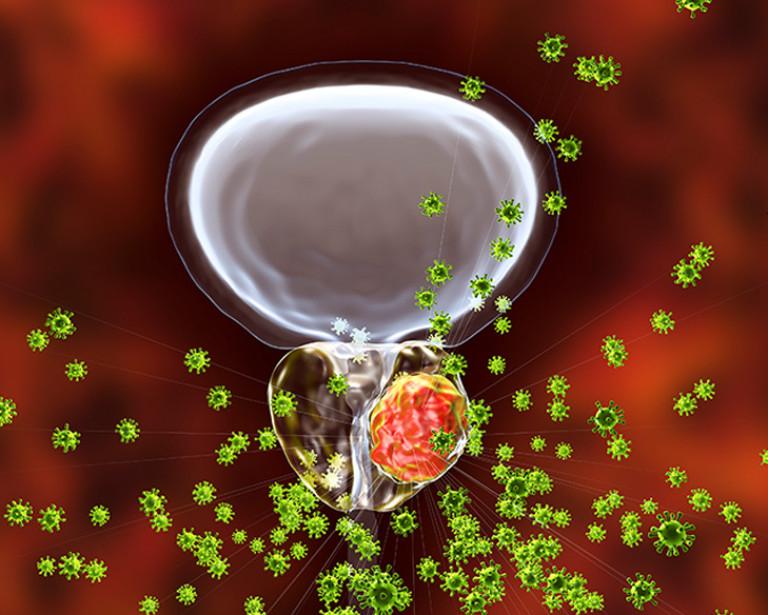Paul Yen awarded American Thyroid Association’s John Stanbury Thyroid Pathophysiology Medal
Paul Yen, MD, professor at Duke-NUS Medical School in Singapore and professor of medicine at Duke University School of Medicine, received the honor for his groundbreaking contributions to thyroid hormone research and its therapeutic potential in treating metabolic diseases.
Duke Cancer Experts Make the Case for Onco-Primary Care
Bridging the gap between oncology and primary care for cancer patients has historically been a persistent challenge for patients and their providers. Experts from the Duke Cancer Institute and Duke Primary Care recently published an editorial advocating for the development of onco-primary care models.
Learning the Language of the Brain
She’s mapping the brain in bold new ways and the ripple effects are already reaching patients. How Nanthia Suthana’s cutting-edge brain stimulation technique is shaping treatments for post-traumatic stress disorder, Parkinson’s, obsessive-compulsive disorder, and binge eating.
From Durham to the Front Lines: Duke Nurses in the 65th General Hospital
To meet the urgent need for medical expertise during World War II, Wilburt C. Davison, the dean of the Duke University School of Medicine, proposed the idea of a Duke hospital Army reserve unit. Established in 1942 in Suffolk, England, the unit consisted of doctors and nurses from Duke — faculty, medical and nursing school graduates, and house staff.
From Data to Decisions: A Model for Returning Individual Results to Research Participants
Duke researchers have developed a model for how to effectively communicate research results to patients and help empower them towards their health and medical choices.
Covert wins 2024 Hartwell Individual Biomedical Research Awards
Lauren Covert, MD, is one of 10 recipients of the 2024 Hartwell Individual Biomedical Research Awards.
Enzalutamide Helps Extend Life for Men with Advanced Prostate Cancer
The combination of enzalutamide with androgen deprivation therapy significantly increases the chance of five-year survival for men with metastatic hormone-sensitive prostate cancer, according to a study led by the Duke Cancer Institute.
Beverage Guidelines Help Parents Steer Kids Toward Healthier Drinks
Beverages account for a sizable portion of calories ingested by children and adolescents, often without much, if any, benefit in the form of vitamins, minerals, fiber, or protein. With so many new and tempting beverage choices available, from “healthy sodas” to energy drinks, what’s a parent to do?
Duke Medical Students Lead Cancer Awareness Training with El Centro Hispano
Two Duke medical students partnered with the largest Latino-led organization in North Carolina to lead a two-hour workshop in Spanish focused on head and neck cancer awareness and early detection techniques.
As the Planet Warms, Fungi Find a Way In
As global temperatures rise, fungi are evolving to survive in warmer environments—potentially breaching the human body’s natural thermal defenses. At a Duke University symposium, scientists warned that climate change may be fueling the emergence of heat-tolerant fungal pathogens, posing a growing threat to public health.









